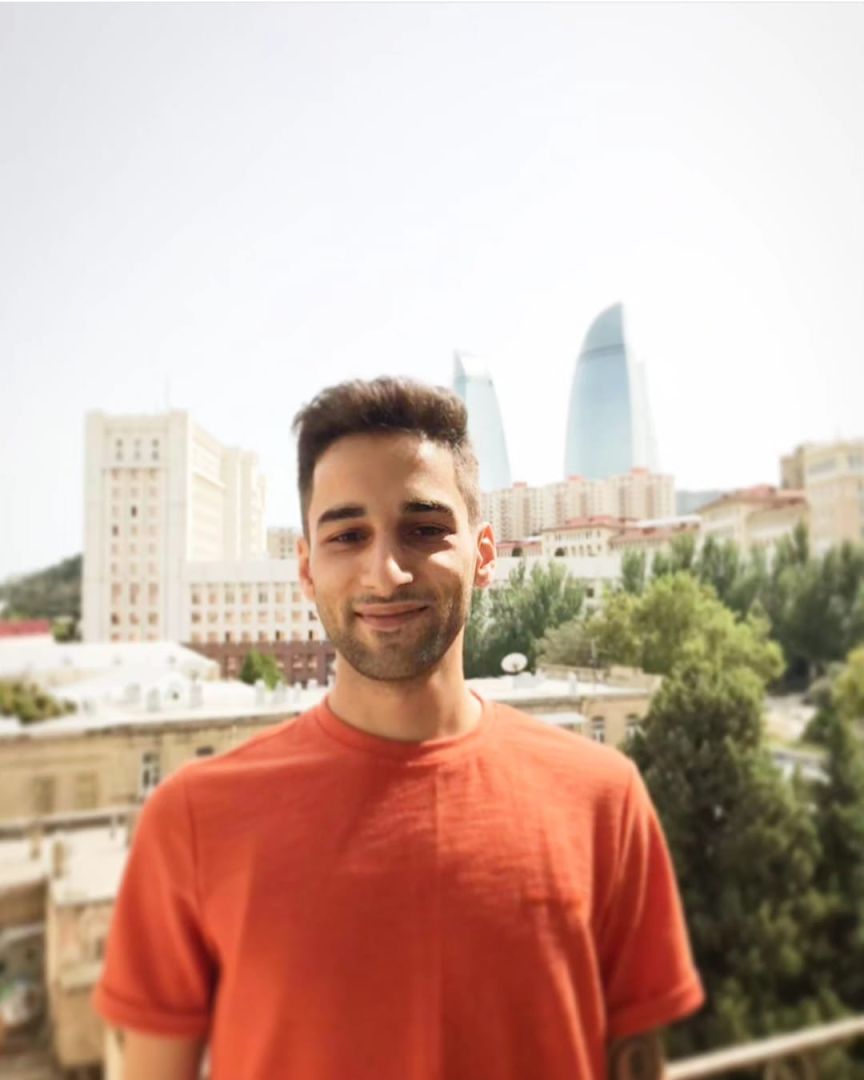Foreign forces only obstacle to peace in S Caucasus - ANALYSIS
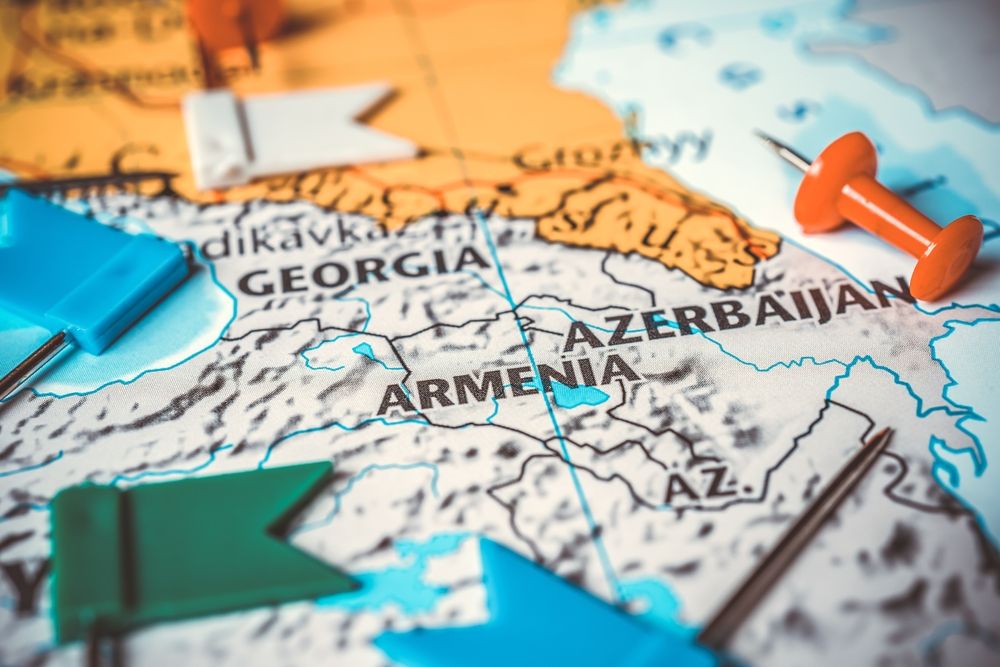
Diplomatic ways of progress can contribute to the prosperous development of life in the South Caucasus, namely concerning Azerbaijan and Armenia. Wishing to find peace, Azerbaijan has rapidly embarked on its realisation. After the completion of the anti-terrorist measure on September 19, only two months have passed since its end and a smooth transition has been made to the achievement of Azerbaijan's goals.
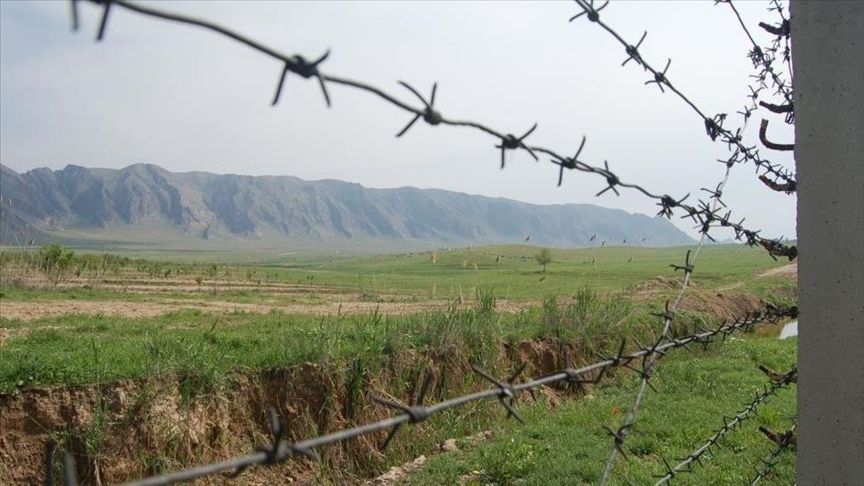
The centuries-old conflict between Azerbaijan and Armenia has a great possibility of ending either at the end of this year or at the beginning of 2024, and there is evidence of this. We know how the Western community needed this conflict to suppress the development of the countries of the former USSR, and to put pressure on them even after the collapse of the USSR. Economic imbalance, incitement of hatred and enmity between neighbours was also an integral part of the West's plan.
While other Western countries were rapidly building up their military, economic, and international power of influence, the post-Soviet countries had to deal with internal and external problems as well as threats. Almost every post-Soviet country had a conflict with a neighbour and faced imminent war, resulting in economic, social and humanitarian imbalances. Azerbaijan was one of the first countries among them to become an independent state and continued to act in the same spirit, striving for independence and escape from the influence of external forces.
Today Azerbaijan is getting strengthened day-by-day due to its growing political influence and economic power. The country has resolved conflict issues with Armenia and continues to act in this direction to establish peace in the South Caucasus which is the only guarantee of the countries in the region.
Russian Foreign Ministry spokesperson Maria Zakharova said that some politicians in Yerevan have expressed complaints about Russia's efforts to promote Armenian-Azerbaijani normalisation, speculating about the "ineffectiveness" of the 2020-2022 trilateral summit agreements.
"We cannot but note several of Yerevan's actions, because of which it has not been possible to fully implement the trilateral agreements. We have already outlined these points. We are talking about the fact that the Armenian side changed its position on Garabagh by 180 degrees at the summit under the auspices of the EU in Prague in October 2022, recognising its belonging to Azerbaijan.
The Armenian side's use of the Lachin corridor to supply arms to Garabagh in violation of trilateral agreements and Yerevan's unwillingness to ensure the complete withdrawal of Armenian armed units from the region, which largely led to the clashes in September, also had a negative impact," the Russian diplomat said.
Over the past three decades, Armenia, or rather a group of terrorists serving their Western patrons, have turned the Garabagh region into a massive ruin. Having occupied the Azerbaijani territories, the separatist clans being orchestrated by their Western sponsors were tasked to freeze the conflict for many years and to siphon all the fruits and wealth of the Azerbaijani lands from the Garabagh region.
Despite huge losses, Azerbaijan managed to untie the knot, overcome many problems, raise the economy and build a new military power. The existing possibility of signing a peace treaty between Armenia and Azerbaijan provides an opportunity for the neighbours of the South Caucasus to strengthen relations and find new ones. There are still the same pro-Western vassals in Armenia and around the world who wish to impose enmity between the neighbours. As we know, Russia has become stricter in its attitude towards Armenia, reducing the consequences of the actions of the ruling authorities in Yerevan to a withdrawal from Russian influence. This can even be viewed in the concern of the Russian authority.
"Difficult processes related to Garabagh are taking place in Armenia. But it was not us who gave up Garabagh. It was Armenia that recognised that Garabagh is part of Azerbaijan. And we were not informed that they were preparing to make such a decision. It is just a statement of fact.
I don't think it is in Armenia's interest to terminate its membership in the CIS, EurAsEC, or CSTO. In the end, it is still the choice of the state," Putin said.
A state within a state, that's how we can characterise the last century for Armenia. We know that France has always acted as a carrot-and-stick for Armenia. Knowing France's policy of colonising many nations and peoples, Armenia in the hands of the Elysee Court has become another experiment in brainwashing and manipulating the public. Azerbaijan told the Armenian authorities to listen less to the advice of the West and, if necessary, to eradicate "Westerners" from Armenia. Having firmly grasped Armenia, the West wants to see Russia's ally (Yerevan) in its "family". Although Armenian-Russian relations are at a turning point, trade relations between the two countries continue, due in large part to Yerevan's assistance in circumventing the sanctions imposed on Russia by the European Union.
It is time to take a broader view of what is happening in the world, as there are forces that want to move chaos to the South Caucasus, through Armenia's arms supply routes via India, France, Iran, the United States and Ukraine. Every country has the right to self-defence when the occasion demands it and has the right to strengthen its military power. So, for what purpose does Armenia now need to buy a military-industrial complex, where its sister country India is a case in point?
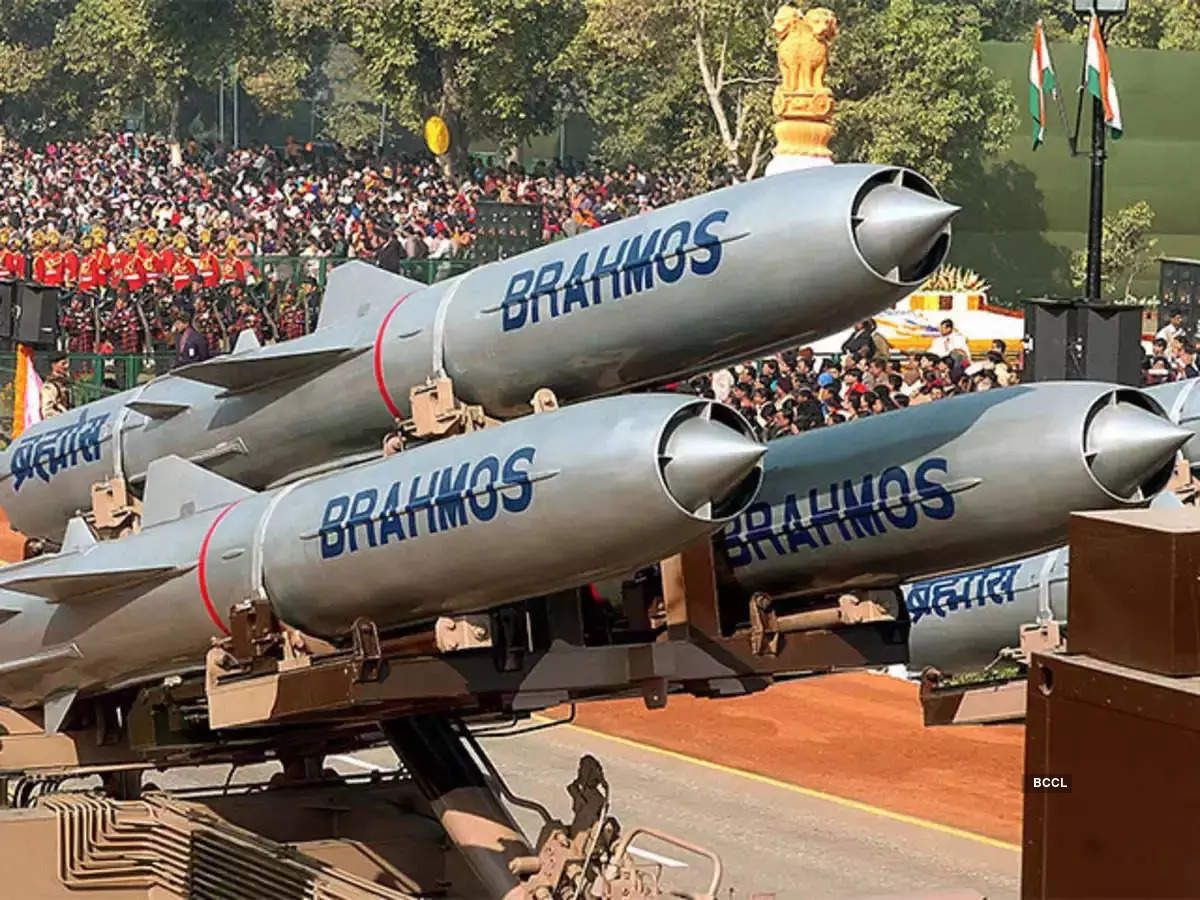
India's Defence Research and Development Organisation is negotiating with Armenia on the latter's possible sale of missile systems. The missiles in question are the BrahMos and Pralay missiles. BrahMos is a supersonic cruise missile with a range of up to 290 km and can carry a warhead weighing up to 300kg. Pralay is a short-range ballistic missile (150-500 km).
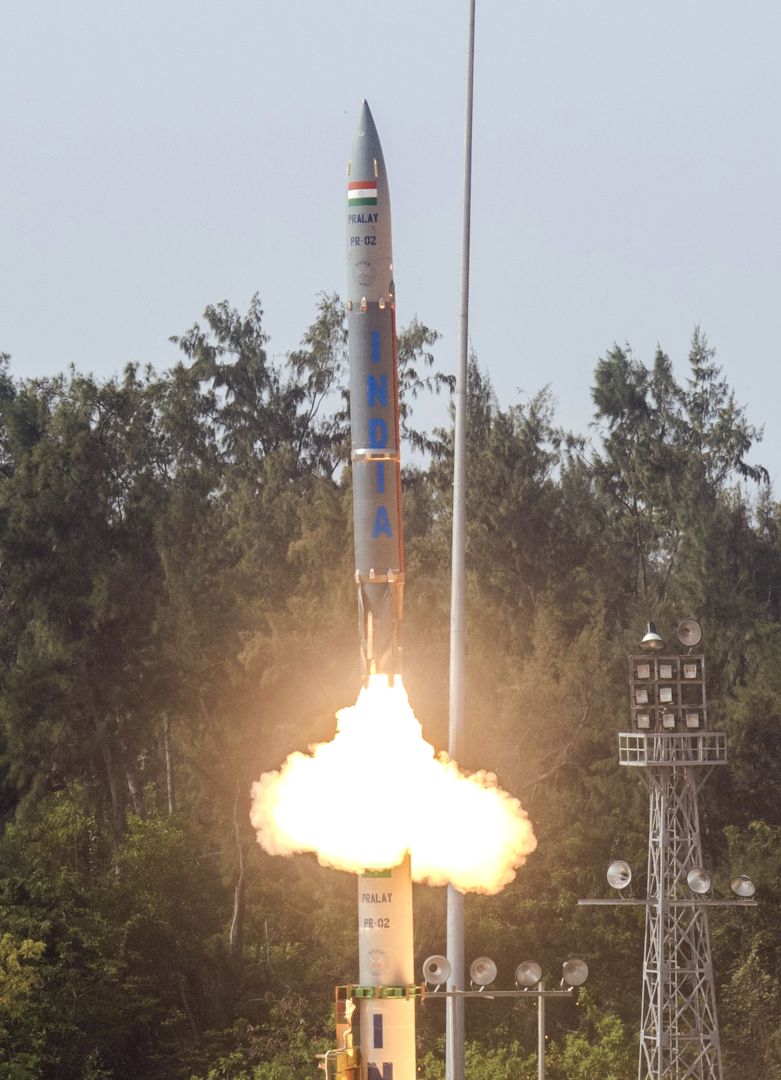
As mentioned above, as long as there are clans of chaos, peace and stability in the South Caucasus will be a slow process, and it may not be without a fight. If Yerevan succeeds in eradicating hatred and reeducating the minds of society in Armenia, it will be possible to do without future bloodshed. On the contrary, the agreements reached between Azerbaijan and Armenia on the exchange of prisoners of war, on reaching an agreement on the delimitation and demarcation of the state borders and its security, and the possible opening of railway communication routes and other communications, give great hope for peaceful coexistence between the neighbours and in general in the South Caucasus.
"A historic opportunity has been created to settle Armenian-Azerbaijani relations"
Azerbaijani Foreign Minister Jeyhun Bayramov said this at a press conference with Turkish Foreign Minister Hakan Fidan, who was on a visit to Azerbaijan on 14 December.
"Azerbaijan and Turkiye believe that neighbours in the region should live peacefully. We expect Armenia to take steps in the same direction," the Azerbaijani Foreign Minister added.
Jeyhun Bayramov also touched upon Yerevan's proposal to withdraw troops from the Armenian-Azerbaijani border and called it unacceptable.
"The border between Azerbaijan and Armenia is not demarcated. Under such conditions, if you withdraw troops, where are the guarantees that these positions will not be occupied by the other side? This Armenian proposal is unacceptable for Azerbaijan."
The French are preparing the ground for hatred more than the Armenians.
If we do not support Armenia, we will prepare the ground for a new war. This was stated by French MEP Raphael Glucksman in an interview with Armenian media, responding to the statements of the President of Azerbaijan that "France is preparing the ground for a new war by helping to arm Armenia".
He said France made the right decision to send arms to Armenia and its example should be followed by other European countries.
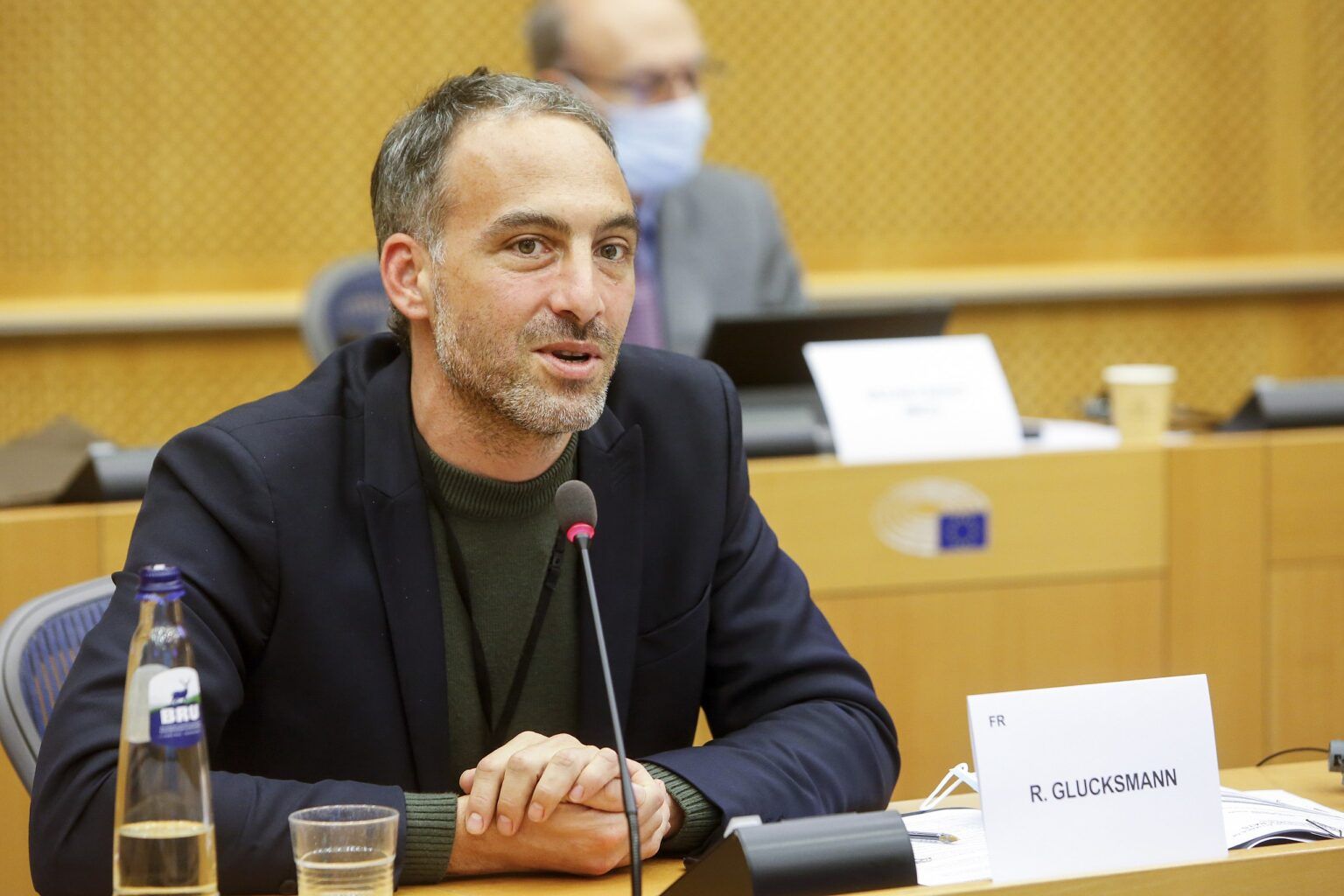
Of course, expecting something more from the politicians around a state like France, which has kept imperialism alive until the 21st century, is like looking for a needle in a haystack. Because they see victory in armament, provocation and political manipulation. During the conflict, their political positions were completely different - France, Europe, and even the West repeatedly considered the arming of Azerbaijan, which was for ensuring its territorial integrity, as a threat, and some diplomatic representatives expressed concern about this. Why did they not worry about arming Armenia today? Or is this the West's next approach with double standards?
"I am convinced that when you face an authoritarian tyrant, the best way to prevent war is to be firm. If you are weak, you encourage belligerent tendencies.
We are helping Armenia secure its borders, and the message should be not only to transfer military equipment but also financial support, showing that if it overcomes all this, there is a place for it in the European national family.”
It is clear from Glucksman's words that the plans of the forces in the West for 30 years have failed. Because currently, the power they are talking about is on the side of Azerbaijan. The strengthening of the Azerbaijani army and economy is already worrying those parties, and for this reason, they are trying to prevent it with excuses or slow down the restoration of relations between the two states by any means. But this is also temporary - although they certainly do not want permanent peace in the region, it will happen sooner or later.
---
Abbas Ganbay is AzerNews’ staff journalist, follow him on Twitter: @Noend33
Follow us on Twitter @AzerNewsAz
Here we are to serve you with news right now. It does not cost much, but worth your attention.
Choose to support open, independent, quality journalism and subscribe on a monthly basis.
By subscribing to our online newspaper, you can have full digital access to all news, analysis, and much more.
You can also follow AzerNEWS on Twitter @AzerNewsAz or Facebook @AzerNewsNewspaper
Thank you!

